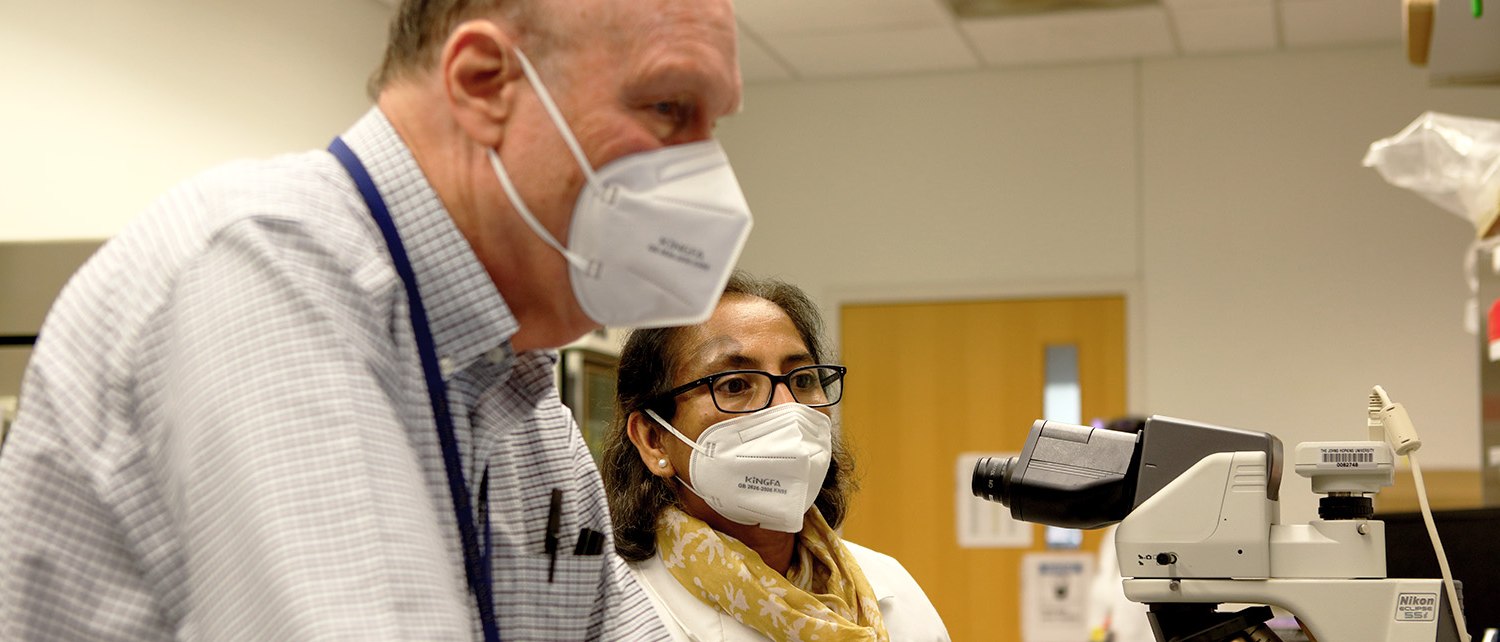NEW YORK (January 31, 2023)—The 2022 G-FINDER Report, released today, reveals that for the year 2021, global funding for the development of critical new health technologies to overcome the world’s deadliest neglected diseases remained woefully inadequate and largely stagnant. Specifically, global investments in tuberculosis (TB) research and development (R&D) totaled $723 million in 2021, comparable to last year’s total and far short of the $2.16 billion estimated by Stop TB Partnership as needed annually to develop and deliver the suite of drug regimens, vaccines, and diagnostics that can end the TB pandemic. TB is regaining its dubious distinction as the world’s deadliest infectious disease, with more than 10 million people afflicted and 1.6 million dying each year.
The report highlights an alarming decline in global investment in product development partnerships (PDPs) for the research and development of medical innovations to address neglected diseases. PDPs are global leaders in developing new health technologies for Poverty Related Neglected Diseases for which there are scarce commercial incentives. TB Alliance’s six-month treatment for drug-resistant TB is a testament to what PDPs can deliver when sufficiently resourced. Despite this track record, PDP funding declined steeply in 2021, a reduction of nearly $100M, marking a record low for the fifteen years over which G-FINDER has tracked these figures.
At the same time, funding for PDPs to conduct COVID-19 R&D continued to grow. This dynamic is representative of current challenges in the global health environment. While a strong global response to COVID-19 remains vital—and PDPs can play a key role in such efforts—we must also not only maintain but enhance the focus on the pandemics that primarily afflict the poor, like TB, that continue to ravage communities, families, and economies around the world. We have lost more than a decade of progress against TB, with 2021 data showing increases in TB incidence and mortality for the first time in many years. A global enhanced recommitment to TB R&D, ensuring access for all, is critical for the eradication of what is probably the world’s oldest pandemic.
Recent successes in TB research show that innovation is not only possible, but cost-effective. Renewed and strengthened commitments to invest in TB are needed to ensure the discovery of impactful new innovations that reach all those who need them. The upcoming second UNGA High-Level Meeting on TB presents a unique opportunity to course correct. World leaders must enable the development of the next generation of innovations that can bring devastating diseases like TB to an end.
Mel Spigelman, MD
President & CEO
TB Alliance


